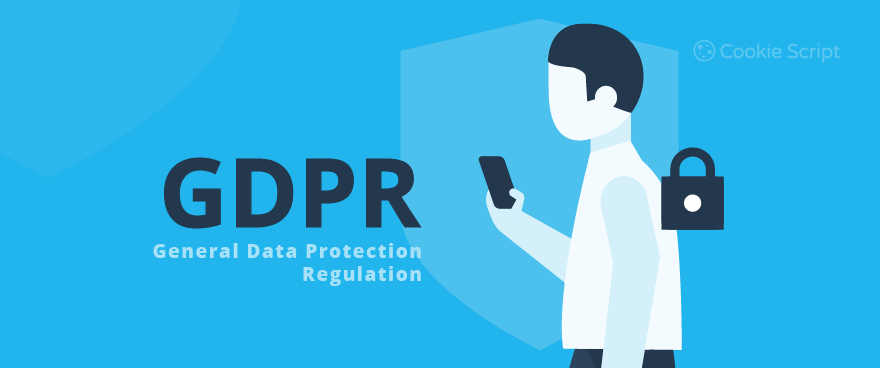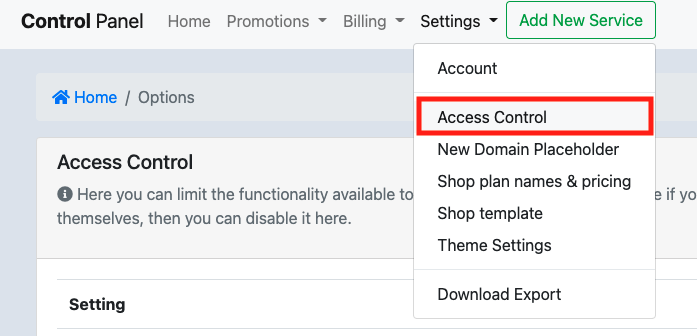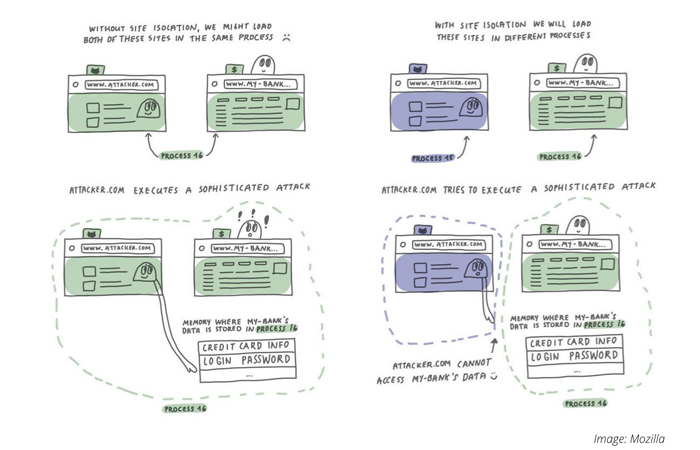Since 25 May 2018 the General Data Protection Regulation (AVG / GDPR) has been applied. This European privacy regulation regulates the legitimate and careful handling of (personal) data.
In this blog post we will discuss some topics for website owners where you can expect particular changes.
In short
For all member states in the EU, the same rules on privacy apply from 25 May. For many websites, these new regulations have major consequences, for example in the area of cookies, newsletters and storing user data.
The General Data Protection Regulation (AVG) gives people more opportunities to stand up for themselves when processing their data. For companies, much more emphasis is placed on accountability . You must be able to demonstrate as a company that you comply with the law. Reporting violations becomes simple, and follow-up will (also) have to be done. Fines can be extremely high (up to 20 million euros).
The law also applies to small SMEs and freelancers who process data. Such as tracking customer appointments, customer phone numbers or personnel information.
Processing of personal data
You may only collect personal data if you also have an explicitly stated purpose for it and this data must be secured against theft and loss. You must meet at least 1 of the below conditions before you record information:
- Permission from the person whose data is processed has given permission for this
- the data processing is necessary for the execution of a legal obligation (for example the data that the tax authorities register for the taxation)
- the processing is necessary for proper fulfillment of a public-law task (for municipalities, for example)
- the processing of data is necessary for the representation of a legitimate interest (for example if it is necessary for proper business operations), unless the interest of the person involved weighs more heavily. For example, this provision includes the execution of a direct mail action.
Please note that you also have a good privacy statement, which indicates, among other things, in clear language which data you save and for what purpose. It goes too far in this article to describe this exactly, so we recommend contacting a branch organization or expert.
Newsletters
Under the previous legislation, sending newsletters to customers who had ordered something via a webshop was allowed. That changes, also with retroactive effect. From May 25 it is only allowed to send newsletters if you have received explicit permission (for example because someone has put a check mark), and you must also be able to show this afterwards by, for example, time + dates and the text of the checkmark together with the e mail address. There are a few exceptions to this, so look carefully at your specific situation and decide together with an expert whether or what changes are needed.
Sufficient security mandatory
An example of adequate security is having software up-to-date so that there are no (known) security breaches.
For example, if you have a contact form on your website or if personal data are exchanged, SSL encryption is a minimum requirement. A professional SSL certificate can be requested separately for your website via https://www.henselhosting.nl/ssl-certificaat-bestellen , or you can use the Control Panel on https://my.codeorange.co.th/ under the heading SSL Let’s Install Encrypt SSL.
Note: If you process personal data that is sensitive, such as medical information, the security requirements are stricter. For example, storing them in a database on shared hosting is no longer sufficient security.
Processing agreement
If your data is managed or stored by a third party, you have to conclude a so-called processor agreement indicating the responsibilities.
Soon we will make a general processor agreement available that you can sign as a company if you store data with us, for example.
Cookies
Finally, check the use of cookies on your website. There was already a cookie law, but the rules have now been tightened. For example, a cookie wall (refusing visitors who do not accept cookies) is no longer allowed if you use tracking cookies. You must also show clear information about the use of cookies if you collect information (also those that are placed via Google Analytics, for example, if you do not use them in an anonymous way).
Note: This is only a personal interpretation of the current rules. We are not legal experts and we advise you to call in a specialist when in doubt.












